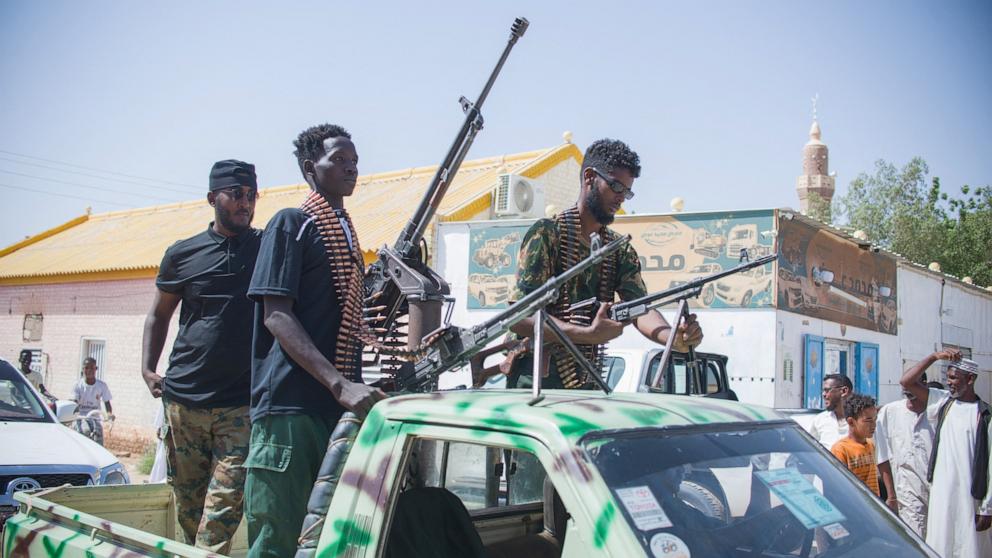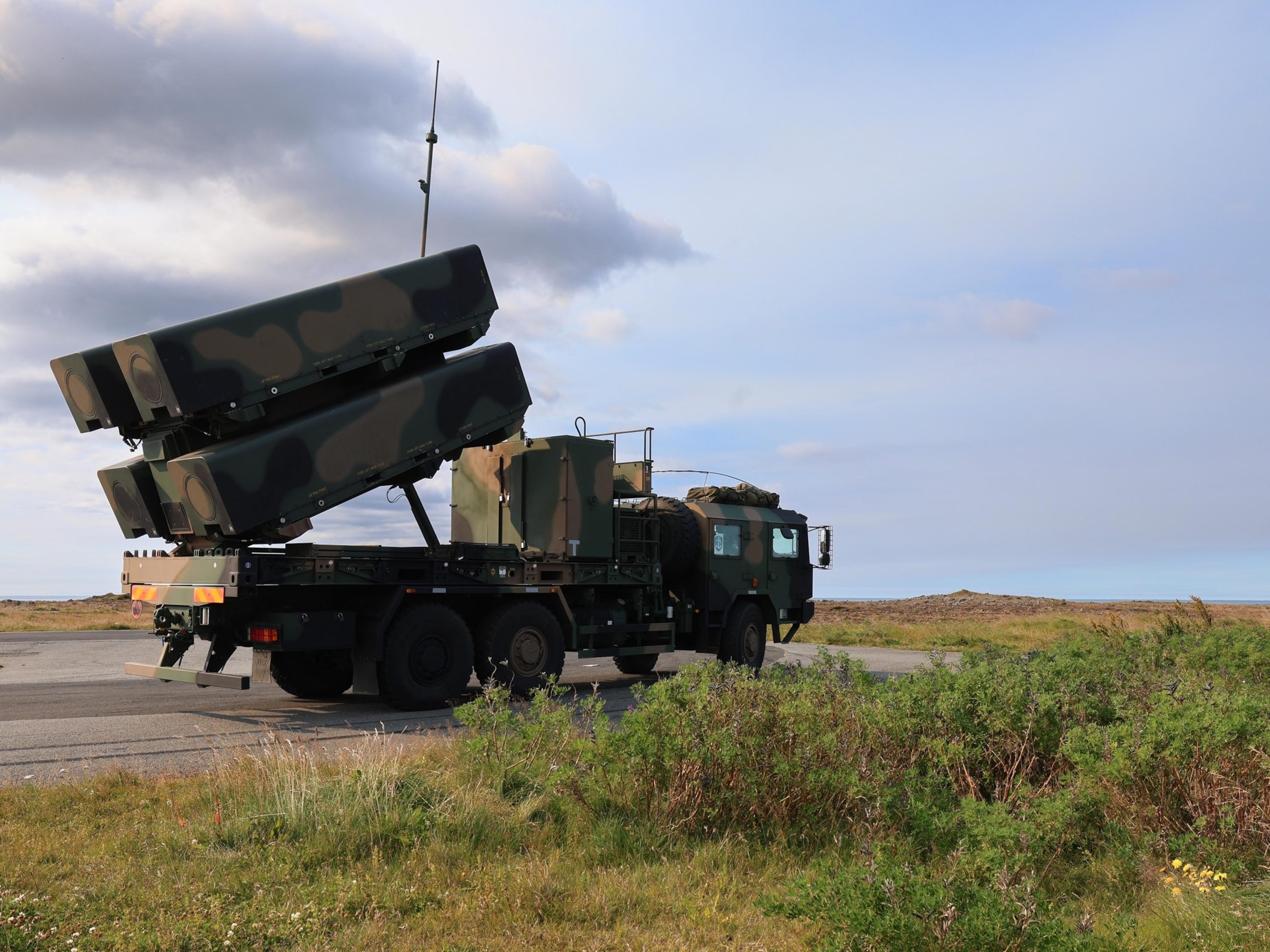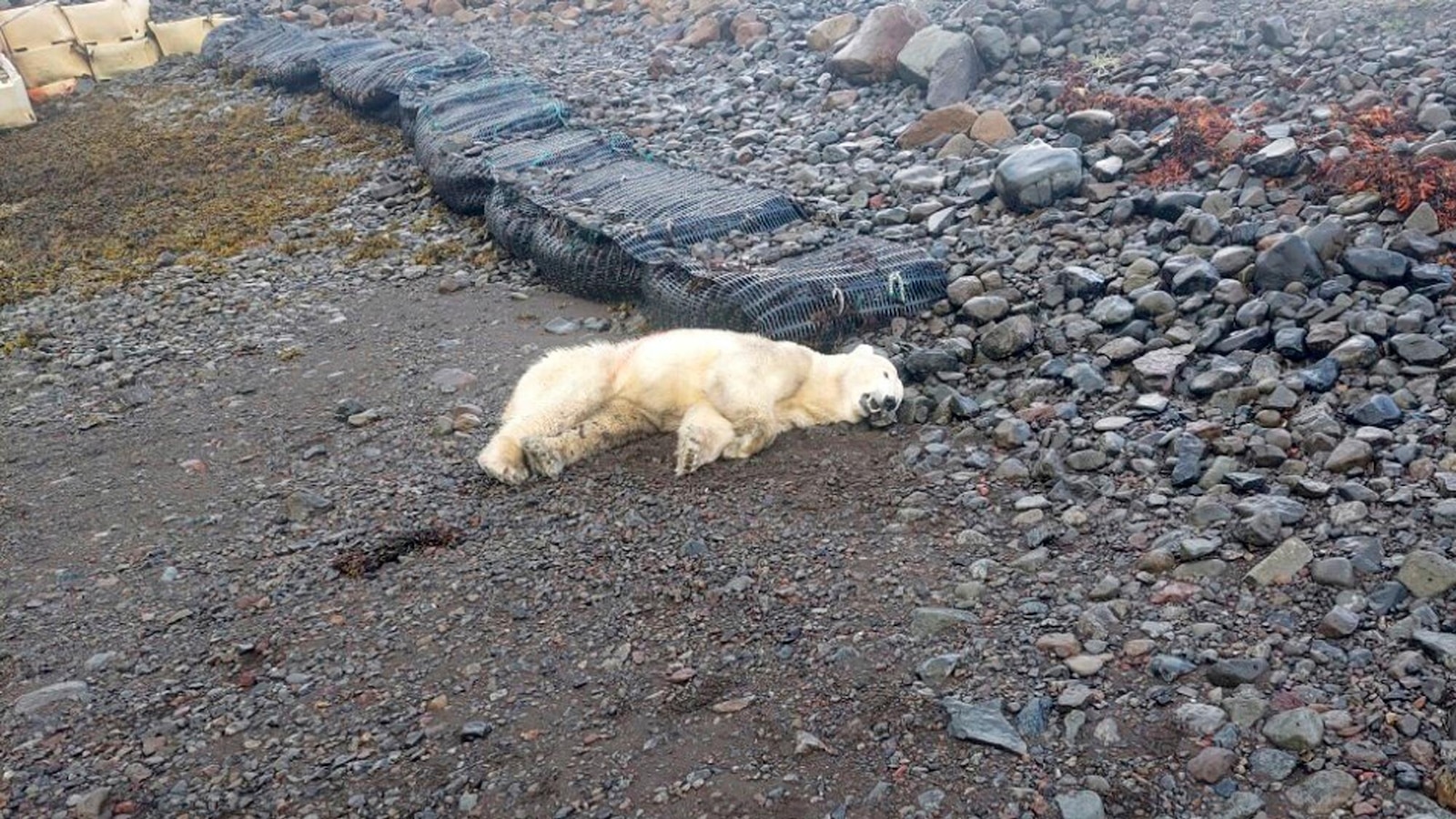
LONDON — Sudanese army leaders are rejecting peace talks with the Rapid Support Forces paramilitary group following U.S Secretary of State Anthony Blinken’s call with Sudanese Army Chief General Abdel Fattah al-Burhan earlier this week.
“We will not go to Jeddah, and whoever wants us to, should kill us in our country and take our bodies there,” said Malik Agar, a Sudanese paramilitary leader.
U.S. State Department spokesman Vedant Patel said Blinken pressed the general to end the war, enable “unhindered humanitarian access” and “alleviate the suffering of the Sudanese people.”
Fighting continues to rage in the besieged city of El Fasher in North Darfur, where at least 145 people have died in the past two weeks, according to Médecins Sans Frontières (MSF).
U.N. officials have warned of a “real and growing” risk of genocide in El Fasher. “Civilians are being attacked and killed because of the colon of their skin, because of their ethnicity, because of who they are,” according to Alice Nderitu, U.N. special adviser on the prevention of genocide.
Clementine Nkweta-Salami, U.N. resident and humanitarian coordinator for Sudan, said: “I am profoundly distressed by the humanitarian situation in El Fasher, where the noose of war is tightening its stranglehold on a civilian population that is under attack from all sides.”
Nkweta-Salami noted that many parts of El Fasher remain without electricity, water, food and health care amid reports of warring parties targeting medical facilities, displacement camps and critical civilian infrastructure.
“All parties must avoid using explosive weapons in populated areas and should take all feasible precautions to protect civilians and civilian infrastructure,” said Nkweta-Salami.
Similar Stories
Speaking to ABC News from Sudan’s capital Khartoum, local journalist AlMigdad Hassan said the situation in the capital is “unimaginable.”
“I never imagined I would be in the midst of war, of armed men, snipers, bombing, sometimes covering live bombings on-air,” said Hassan. “Civilians trapped in war zones need peace. Their voices — the millions — not being heard by the world.”
The now 13-month conflict in Sudan between the SAF and RSF erupted in April 2023 following weeks of tensions linked to civilian rule. At least 14,000 people have been killed in the conflict, according to the U.N.
Local groups, however, warn that the true death toll is likely much higher.
World Health Organization Director-General Tedros Ghebreyesus on Thursday warned that children in Sudan are trapped in a “critical malnutrition crisis.” A new study by Dutch think tank Clingendael found hunger, exacerbated by the war, could lead to an excess 2.5 million deaths by September 2024.
“We have no time to lose as famine looms for millions of people in Sudan, amid intense fighting and the denial of access of humanitarian aid,” said Ghebreyesus said Friday. “Let us be clear: If we are prevented from providing aid rapidly and at scale, more people will die.”
The Sudanese army’s refusal to deescalate fighting in El Fasher, the capital of North Darfur state, has raised concerns among humanitarian organizations and the international community. The ongoing conflict in the region has resulted in a humanitarian crisis, with thousands of civilians being displaced and in need of urgent assistance.
The fighting in El Fasher began in December 2020, when clashes erupted between government forces and rebel groups. The Sudanese army has been accused of using excessive force against civilians, including indiscriminate shelling and attacks on civilian areas. Human rights organizations have documented numerous cases of human rights violations, including extrajudicial killings, arbitrary arrests, and sexual violence.
Despite calls for a ceasefire and efforts to negotiate a peaceful resolution to the conflict, the Sudanese army has refused to deescalate the fighting in El Fasher. The government has justified its actions by claiming that it is necessary to maintain security and stability in the region. However, the continued violence has only exacerbated the humanitarian crisis and put the lives of civilians at risk.
The United Nations and other international organizations have condemned the Sudanese army’s refusal to deescalate the fighting in El Fasher. They have called for an immediate cessation of hostilities and for all parties to respect international humanitarian law. The UN has also urged the Sudanese government to allow unrestricted access for humanitarian aid agencies to provide assistance to those in need.
The situation in El Fasher highlights the urgent need for a peaceful resolution to the conflict in Sudan. The ongoing violence not only threatens the lives of civilians but also hinders efforts to address the root causes of the conflict and achieve long-term stability in the region. It is essential for all parties involved to prioritize dialogue and negotiation to end the fighting and ensure the protection of civilians.
In conclusion, the Sudanese army’s refusal to deescalate fighting in El Fasher is a cause for concern and requires immediate action from the international community. It is crucial for all parties to prioritize the protection of civilians and work towards a peaceful resolution to the conflict in order to prevent further suffering and loss of life.


